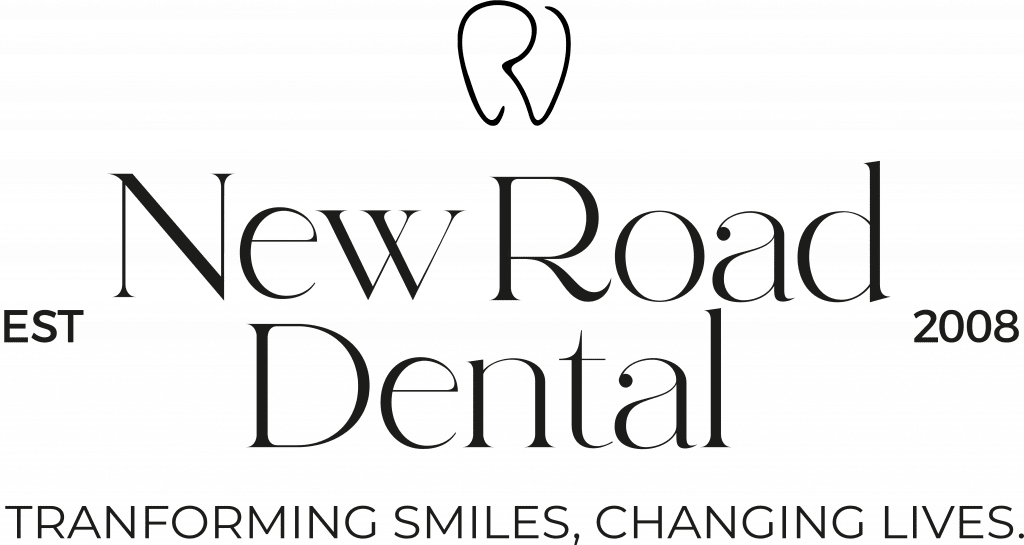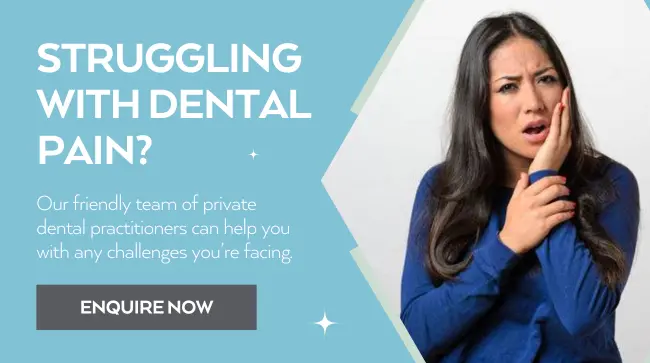
When it comes to maintaining a radiant, healthy smile, most people focus on brushing and flossing. But did you know that something as simple as a quick rinse after eating or drinking can work wonders for your oral health? It may sound like a small action, but rinsing your mouth properly can significantly improve your dental hygiene, protect your teeth, and even save you from costly dental treatments in the future.
Let’s explore how this simple habit can become your teeth’s best friend and why you should incorporate it into your daily routine.
The Science Behind Rinsing Your Mouth
Our mouths are constantly under attack from the foods and drinks we consume. Whether it’s the acidity from a glass of orange juice, the sugars in your afternoon snack, or the staining pigments in your favorite cup of coffee, your teeth face many challenges. However, your mouth has natural defenses, like saliva, which helps neutralize acids and wash away food particles. But sometimes, your natural defenses need a little help.
A quick rinse—especially with water or mouthwash—can neutralize acids, wash away bacteria, and prevent plaque build-up. It’s a simple and effective way to give your oral health a little extra protection without spending extra time or money.
Rinsing to Neutralize Acids and Protect Enamel
Our teeth are coated with enamel, the hardest substance in the body. However, enamel is vulnerable to damage, particularly from acidic foods and beverages. When you consume something acidic—like citrus, carbonated drinks, or vinegar-based sauces—the pH level in your mouth drops, making your enamel temporarily softer and more susceptible to wear.
By rinsing your mouth immediately after eating or drinking acidic foods, you help neutralize the acids and return the pH of your mouth to a healthier level. This simple habit can go a long way in preserving the strength of your enamel, reducing the risk of cavities and tooth sensitivity, and preventing long-term damage to your teeth.
How Rinsing Helps Prevent Tooth Decay
Acidic and sugary foods not only harm enamel, but they also contribute to the growth of harmful bacteria in your mouth. These bacteria feed on the sugars left behind after eating, producing acids that can further break down your enamel and lead to tooth decay. The good news? A quick rinse with water can help wash away the food particles and bacteria, lowering the risk of plaque buildup and decay.
Regular rinsing can significantly reduce your chances of developing cavities and other oral health problems, including gum disease. For an added layer of protection, consider using a mouthwash containing fluoride, which strengthens enamel and kills bacteria.
Combat Tooth Sensitivity with a Simple Rinse
Tooth sensitivity is a common issue that affects many people, and it’s often caused by the loss of enamel. When enamel erodes, the sensitive nerves inside the tooth become exposed, causing discomfort when consuming hot, cold, or sweet foods and drinks. Acidic foods are a major contributor to enamel erosion, which is why rinsing after meals can be a great way to prevent sensitivity.
By neutralizing acids and reducing the exposure of your teeth to harmful substances, rinsing helps maintain the integrity of your enamel and prevents the pain and discomfort associated with tooth sensitivity. It’s an easy and effective way to keep your smile comfortable, especially as you age.
Maintain a Fresh Breath All Day Long
Fresh breath is something we all strive for, and while brushing and flossing are the primary ways to ensure a clean mouth, rinsing can give you that extra boost of freshness. After eating, bacteria in the mouth can combine with food particles to produce bad breath, especially if you’ve consumed something with strong odors, like garlic, onions, or coffee.
Rinsing with water or mouthwash can help wash away these particles and neutralize odors, leaving you with fresh breath. A mouthwash that contains antibacterial agents can also help fight bacteria that cause bad breath, making it a great option to carry with you throughout the day.
How Rinsing Can Protect Your Dental Work
If you have dental work such as crowns, veneers, or braces, rinsing can help protect these restorations and ensure they stay in optimal condition. Dental restorations are often made from durable materials, but they still require care and attention to last as long as possible. For example, acidic foods and beverages can break down dental bonding, and sticky foods can cause plaque to accumulate around crowns or bridges.
By rinsing after meals, you help protect your dental work by removing food particles and reducing the buildup of harmful acids and bacteria. This simple habit can extend the lifespan of your dental treatments, saving you time and money on repairs or replacements.
Rinsing for a Stain-Free Smile
We all enjoy a cup of coffee or tea, but one downside to these drinks is their ability to stain teeth. The pigments in coffee, tea, and even certain fruits and sauces can latch onto the surface of your teeth, causing discoloration over time. Although regular brushing is key to removing these stains, rinsing right after consuming these foods and drinks can help reduce their impact.
By rinsing with water or a stain-fighting mouthwash, you can wash away pigments before they have a chance to settle on your enamel. This will help you maintain a brighter, whiter smile without any extra effort.
The Best Practices for Rinsing Your Mouth
While rinsing is a great habit, it’s important to do it properly to maximize its benefits. Here are a few tips for the best results:
-
Use water: A simple rinse with water is effective for neutralizing acids and washing away food particles.
-
Consider a fluoride mouthwash: Fluoride helps remineralize enamel, while antimicrobial mouthwash kills bacteria that contribute to plaque buildup.
-
Wait before brushing: After consuming acidic foods or drinks, it’s best to wait about 30 minutes before brushing your teeth. Brushing immediately after can further erode softened enamel.
-
Don’t skip regular brushing: While rinsing is a helpful supplement, it doesn’t replace the need for proper brushing and flossing. Brush twice a day with fluoride toothpaste and floss daily for optimal oral health.
Schedule Regular Check-Ups with Your Dentist
While rinsing your mouth can provide many benefits, it’s still essential to visit your dentist regularly for check-ups and cleanings. A dental professional can spot early signs of tooth decay, gum disease, and other issues that might go unnoticed.
At New Road Dental Practice, we offer a wide range of dental services, from routine check-ups to advanced treatments. If you’re looking for advice on maintaining your oral health or need to schedule an appointment, don’t hesitate to get in touch. We’re here to help you keep your smile in top shape for years to come!
Image Source: Canva


